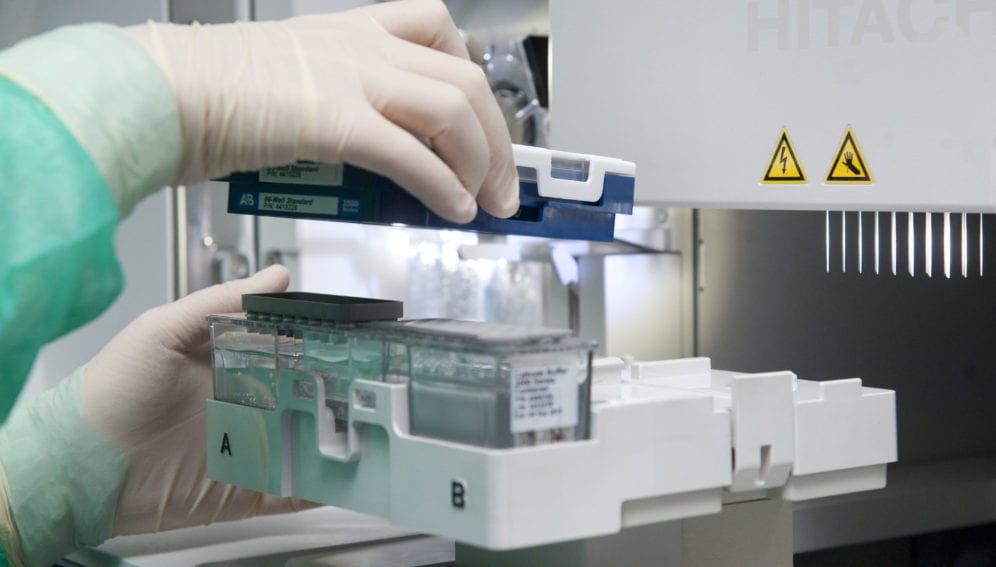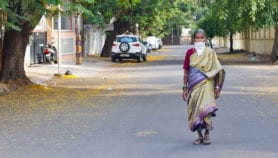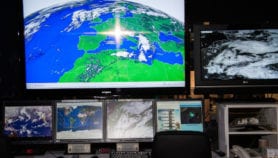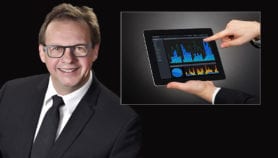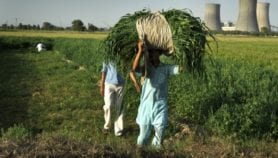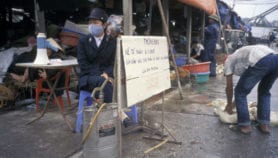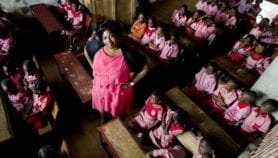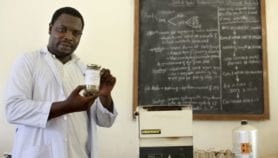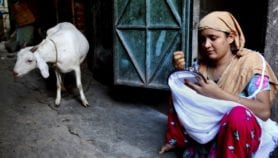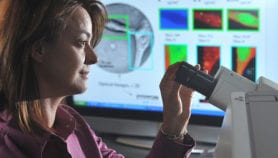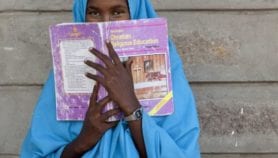Send to a friend
The details you provide on this page will not be used to send unsolicited email, and will not be sold to a 3rd party. See privacy policy.
[BUENOS AIRES] Argentina’s presidential candidates have come under fire for neglecting science during their campaigns, says a group of the nation’s researchers.
Last month, the Argentinean Science, Technology and Innovation Policy Information Forum (Politica SCTI) invited all candidates to answer a list of questions on their plans for science policy. Only three of the six candidates now up for election on 25 October replied and they did little more than say that science is important, say forum members.
“To various degrees, every candidate just supported what the government has done in the last decade.”
Luis Alberto Quesada Allué, Leloir Institute Foundation of CONICET
“The candidates did not speak about the regression the country has suffered in science and technology, despite the increasing spending on all kinds of other things,” says Luis Alberto Quesada Allué, a researcher at life science research centre the Leloir Institute Foundation of CONICET, Argentina’s main public research organisation. “To various degrees, every candidate just supported what the government has done in the last decade.”
The responses came from Daniel Scioli from the ruling Peronist alliance, Mauricio Macri from the centre-right Cambiemos coalition and Margarita Stolbizer from the broadly left-wing Progresistas coalition.
Scioli won over 38 per cent of votes in the primary election on 9 August, making him the favourite for next month’s poll.
In response to Politica SCTI’s questions, all three candidates said that, if elected, they would aim to increase the public science budget from 0.65 to one per cent of GDP (gross domestic product). They said this would be achieved by rejigging the country’s household spending, but offered no detailed plans for how to achieve this.
Regarding questions around which scientific fields should receive extra support, Scioli mentioned energy, mining, food production and software. Macri highlighted energy too, but also focused on airspace, biopharmaceutical products, satellite technology and genetic engineering.
Stolbizer pointed to about 30 government-funded projects on medicine, recycling, satellite design, nuclear power and wind power that needed further support.
“This is the actual knowledge debt, and most of this debt is affecting the country’s business class, which is not accustomed to investing in innovation,” he says.
This article was produced by SciDev.Net’s Latin America and the Caribbean edition.


